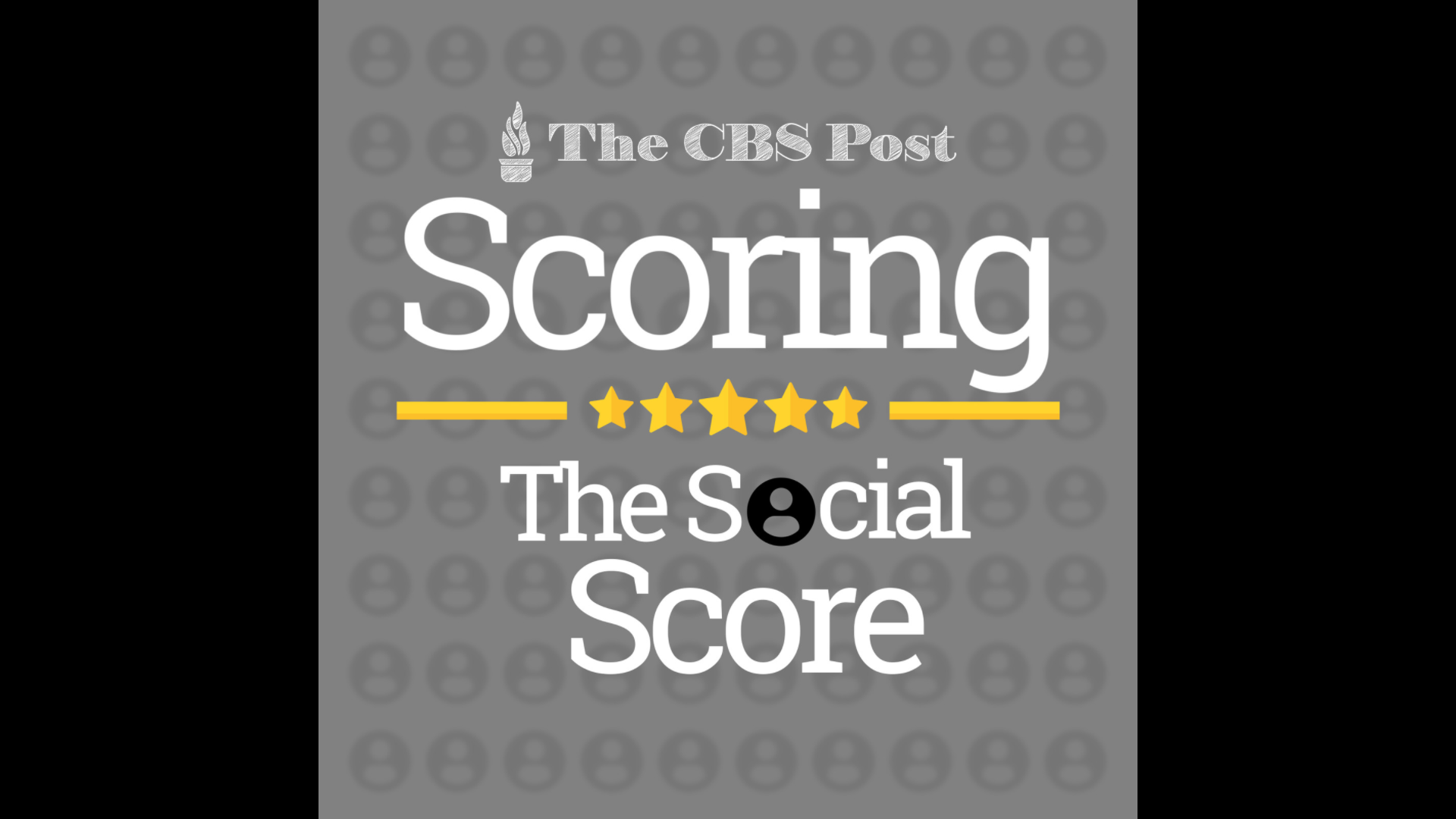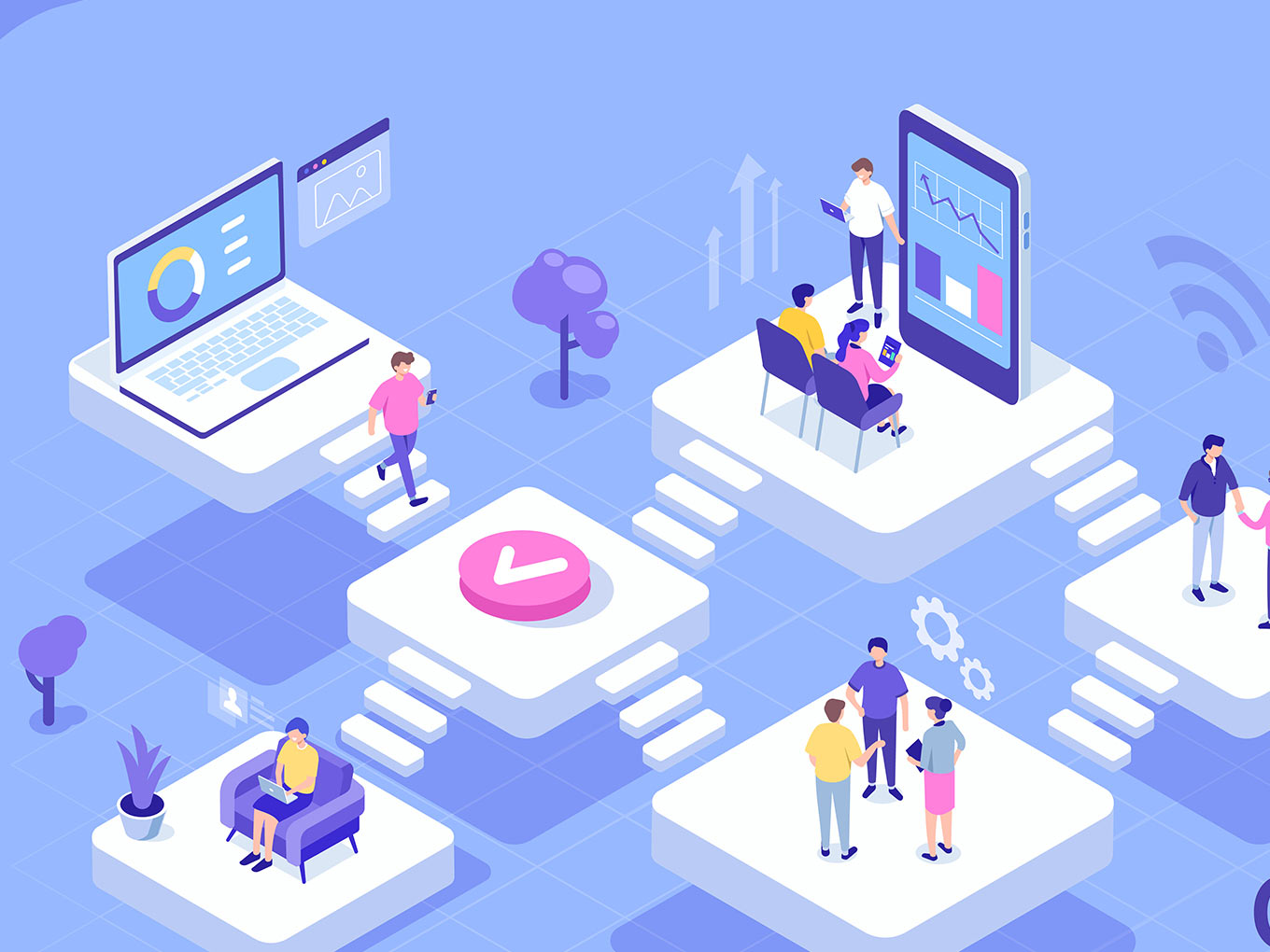Scoring the Social Scores
Imagine a world where our identity is reduced to a single rating five-point scale. Our world, slave to a habit of attaching a lot of importance to ordinals and cardinals, has come to a point where it would be fair to say that we are literally under numerical domination now. So basically, every action, every movement, and every interaction of ours will affect our social scores; while donating to a charity will increase the score, buying cigarettes will decrease it. These scores will ultimately determine our standing in society, i.e. the benefits and the punishments we get in terms of access to public services.
Now that doesn’t seem practically feasible, does it? How can a random social score be a determinant of what we get? But turns out this social monitoring system has been adopted by various companies in very subtle ways. The aforementioned situation is much more than a hypothetical thought-experiment.
Many companies give scores to customers and/or evaluate them on the basis of the information available on social networks, which eventually decides the level of service a person gets. Say, for example, many insurance companies in New York are allowed to make decisions about their clients using the data found on the online global networks. The UK government has recently revealed that they would be using live facial recognition software on the streets of London in order to find suspects wanted by the police. These are also used by sharing economy services like vacation rental (Airbnb), taxi, and delivery services which have some kind of scoring system that evaluates those that participate in the service from various points of view.
Another, more common example is the SOCIAL CREDIT SYSTEM of China. Per reports, China has taken the system of ratings a little too far by coming up with a unique way wherein all its citizens will be ranked on the basis of their social credit which can be moved up and down depending on one’s behaviour. If you have a lower credit score due to bad driving, posting fake news online, buying too many video games, etc., you can be banned from flying or getting the train, your internet speeds can be throttled, you can be forbidden from the best schools or best jobs, your dog can be taken away (ouch, that’s harsh) or you can be publicly named as a bad citizen. Now that doesn’t sound fair, does it?
Taking it one step further the US has come up with a system of credit scores that goes by the name of FICO scores. FICO scores are used in more than 90% of the credit decisions made in the US. The overall FICO score range is between 300 and 850. In general, scores in the 670 to 739 range indicate “good” credit history, whereas borrowers in the 580 to 669 range may find it difficult to obtain financing at attractive rates.
Looking at all these situations, it’s justified to assume that we are moving towards a world where our societal standing is judged on the sole basis of our social score. But what would such a world look like? To add some context here, Netflix’s Black Mirror episode “Nosedive” perfectly shows how the social credit system might actually function.
Phones in hand for the most part of the day, people rating each other from one to five stars on every conversation, every photo, every tiny thing. And Lacie (Brye Dallas Howard) goes crazy for her stars. From practising her smile in front of the mirror to rehearsing how to interact with people to thinking about the perfect photo to get up-starred. Lacie gave in everything she had. However, her quest wasn’t very successful as she failed to realise that there’s more to life than social scores. Ultimately she was down scored to zero by everyone, and things got pretty ugly.
So in conclusion, social scores are okay till a specific extent. However, when they dominate our social life, all that comes out of it is chaos; because an excess of anything is never good, right? These social scores do put pressure on people to act in an acceptable manner. To put it in a more relatable way, would you even sit in exams had it not been for report cards?
Social scores have subconsciously occupied a large part of our lives, from the salesman greeting us with the widest small possible and handing out a feedback form soon after to the ola driver asking in the politest tone possible to give a 5 star rating. The general conception is that scores have become a parameter of quality as well as a means to threaten, and just like everything else in this world, they come with their own pros and cons. So what is your opinion about a world dominated by ratings and scores about basically everything? Also, speaking of scores, how would you score this article?




Comments